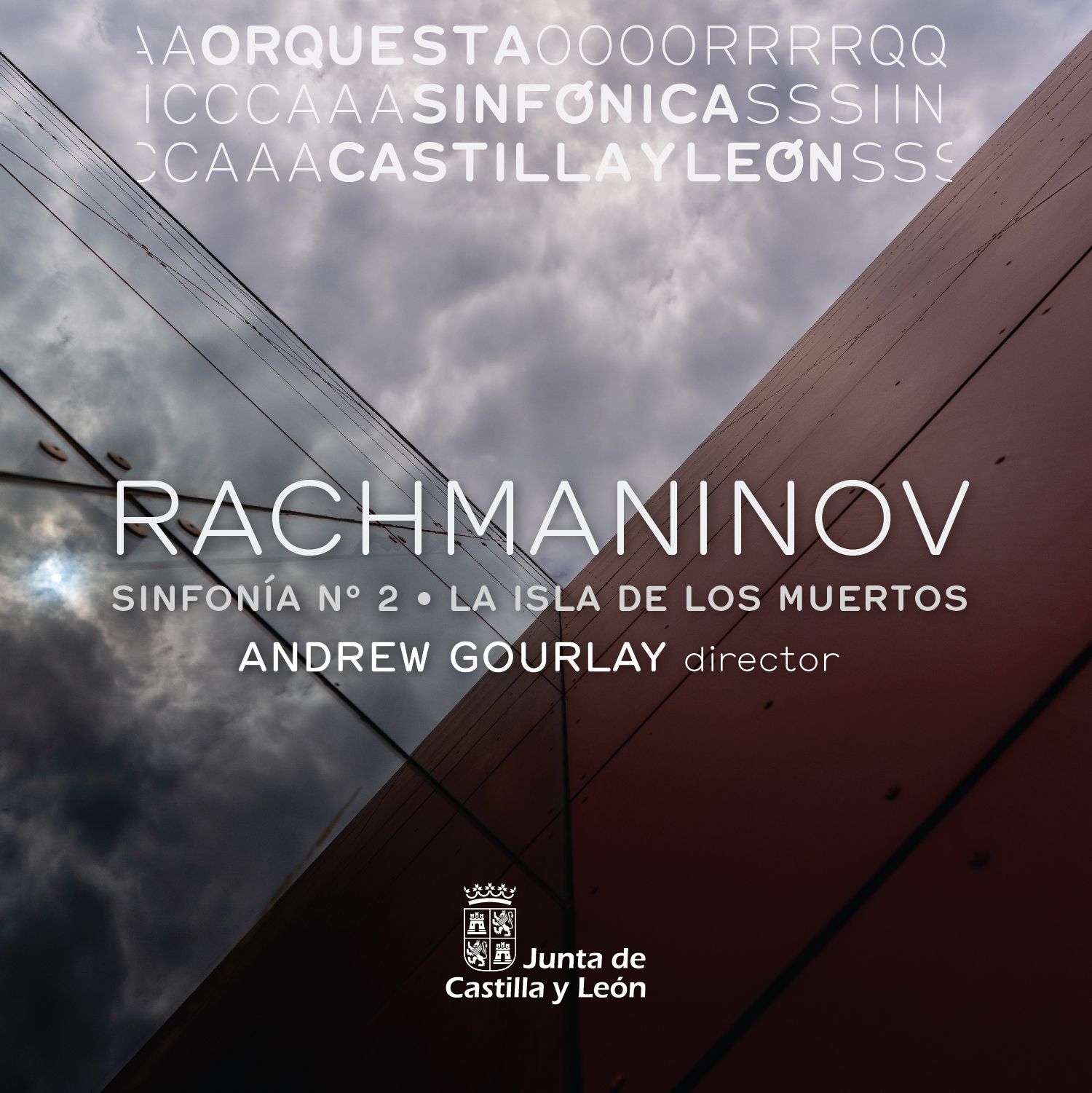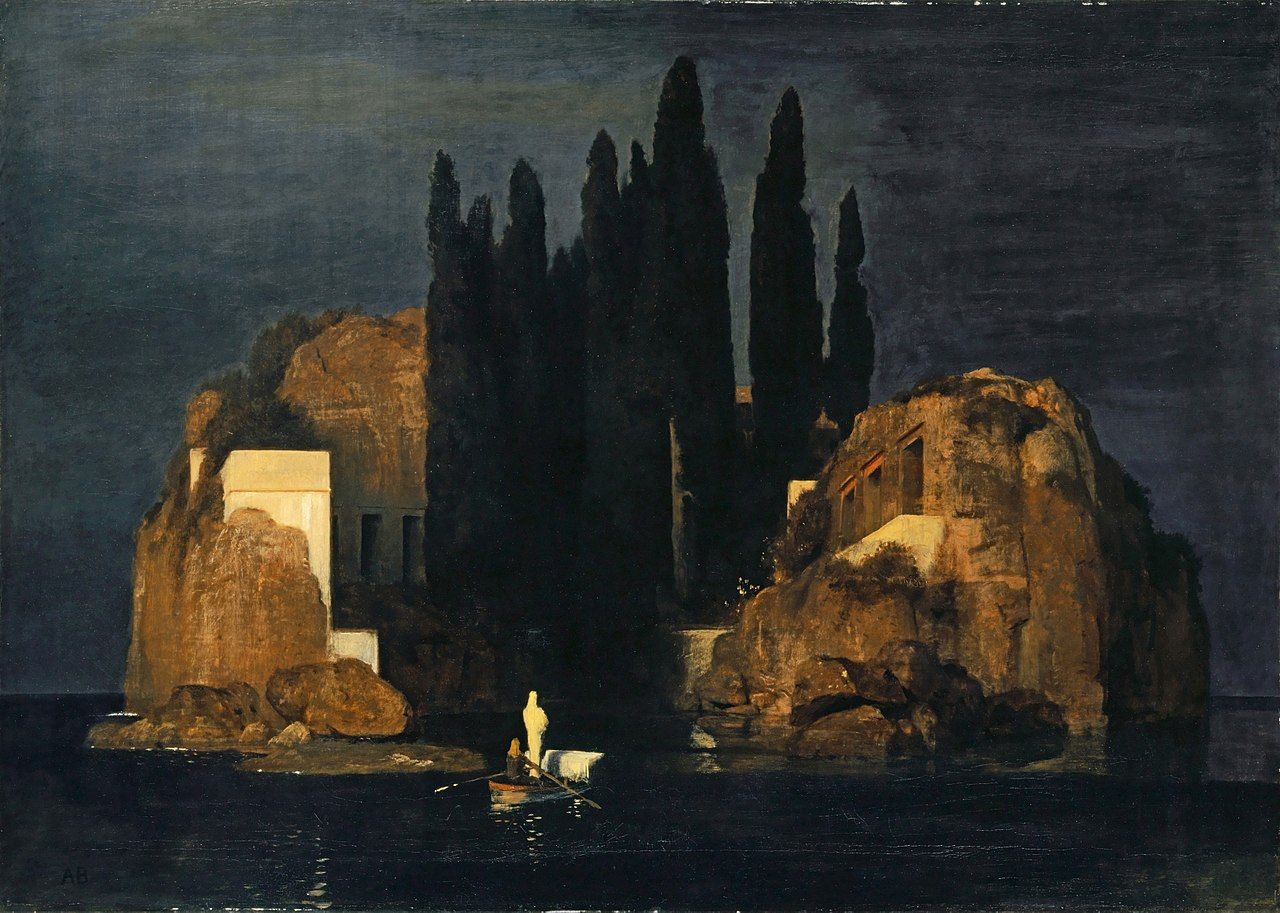A Russian in Spain: Rachmaninov from Valladolid
Rachmaninov's glorious Second Symphony perfectly paired with a glowering "Isle of the Dead"

Glowering, glowering, menacing; and that's just the front cover. And how well it reflects Rachmaninov's music (incidentally, some would have it we spell him "Rakhmaninov" or "Rachmaninoff" or even "Rakhmaninoff," but that's transliteration for you ... let's go old school today, shall we, and plump for "Rachmaninov"?).
While the Orquesta Sinfonica de Castilla y Leon, founded in 1991 in Valladolid, Spain, is neither Russian nor boasts a long history, these are involving, fine accounts of well-loved works. What makes this interesting is how Andrew Gourlay finds parallels: the dark mood of The Isle of the Dead finds its way into the first movement of the Symphony, almost bleeding into it. In fact it seems the perfect coupling.
For The Isle of the Dead, Rachmaninov was inspired by a painting by Arnold Böcklin (a painting of which, incidentally, the artist produced no fewer than five versions). The mood of the painting maps superbly well onto Rachmaninov's music:

Speaking of this recording, Gourlay talks about his family history with this music in this video, which helps explain the rapport he has with it:
The Second Symphony is a big-boned beast, with expansive outer movements, a Scherzo with bullish, unstoppable horns and strings that seem resolutely intent on creating counterpoint come what may, before a march finds its way in and we arrive at a slow movement that contains lush melody after lush melody. This slow movement has been multiply plundered by popular music: here's Eric Carmen with his song Never Gonna Fall in Love Again:
And on a more jazz front, here is Danilo Perez:
But when it comes to the music per se, the art of Rachmaninov performance is to find the lyricism and yet not to wallow in it. From that standpoint, Gurlay offers a Rachmaninov Second for today.
Interesting, though, to compare his approach to a classic, gritty Russian performance (just as we did with Carolyn Sampson's Purcell, comparing versions). This time the versions are from very different eras. Here is Alexander Golovanov in 1945 with the Great Symphony Orchestra of the All-Union Radio (this is the entire piece, coming in at around 49 minutes duration). Listen to the truly Russian sound, and completely immerse yourself:
As this blog progresses, we'll be talking about more, classic, performances of Rachmaninov (and, of course, others), but how wonderful to have a new, state-of-the-art recording of a modern orchestra under a young conductor, Andrew Gourlay, who shows infinite promise.
